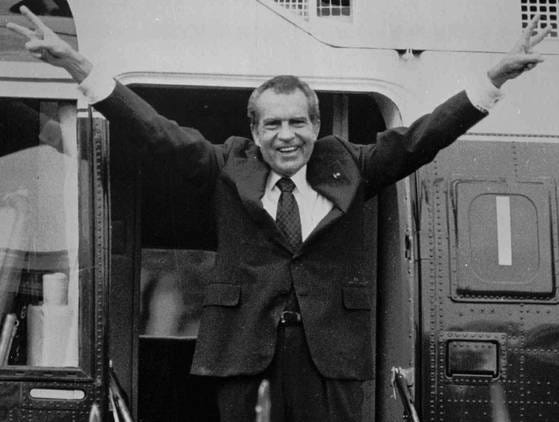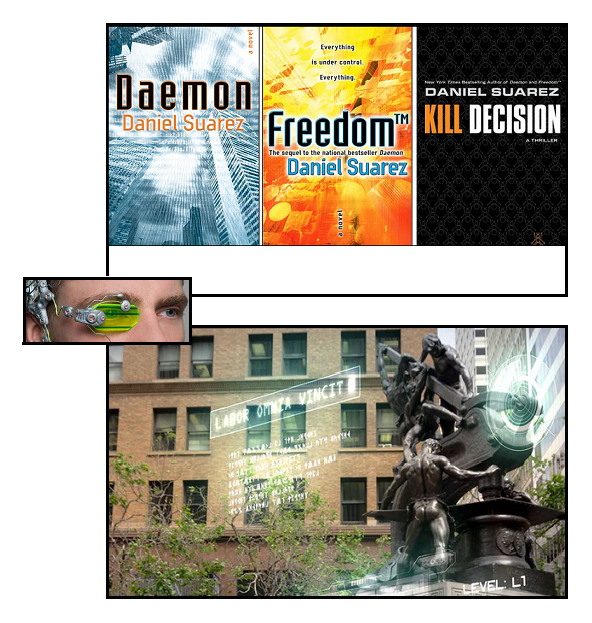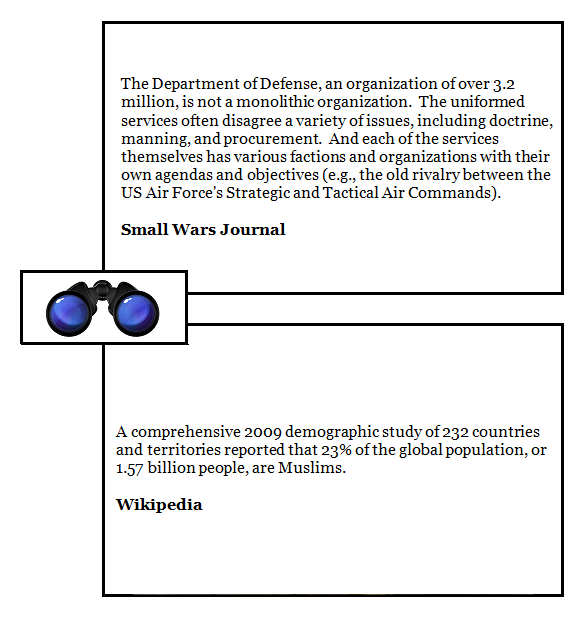
Richard Milhous Nixon, 37th President of the United States of America and the only man to resign that office would was born one hundred years ago. His life spanned from the Great War, included service in the Second World War and saw the end of the Cold War – an American victory to which Nixon substantially contributed with the deft statesmanship that was his greatest strength. Nixon stood for national office five times and was on the winning ticket in four of them, a political record matched in American history only by Franklin Roosevelt, a record that includes re-election by the second greatest landslide in history. A triumph that was undone by the paranoia, insecurity and bitterness that ate away at him and led Nixon to betray his oath to uphold the Constitution and forced him out of the Oval Office in disgrace.
So numerous and far-reaching were Nixon’s actions that we can justly say, for good and ill, that a century of Richard Nixon may have helped usher in a Nixonian century.
Richard Nixon named four justices to the Supreme Court, shifting the judicial branch in a more conservative direction, built upon by later Republican presidents; he created the EPA and the first affirmative action program, cut the dollar from it’s last tie to the gold standard, declared war on drugs, ended the draft and began the All-Volunteer Force and began the movement to decentralize power from Washington bureaucracies to the states.
Some of these policies were ultimately disasters and some were a great success, but domestic policy (in contrast to politics) was never more than an irritating chore to Richard Nixon, one he frequently delegated to Bob Haldeman and John Ehrlichman. Nixon’s true, all-consuming passion – from his first days as a freshman member of Congress to his grim final moments “alone in the White House” to a winter street in Moscow as an elder statesman – was foreign affairs. It was on the world stage that Nixon yearned to not just be “in the arena” but win the game.
Sometimes he did.
Richard Nixon, an inveterate poker player, came into office in 1969 with a bad hand and too few chips on the table. The Nixon administration were the victors in a three-way presidential race inherited a losing war in Vietnam begun by the Democratic “Best and the Brightest” that had savagely divided the American people like no other conflict since the Civil War. Richard Nixon in partnership with Henry Kissinger managed to accomplish, by design and improvisation, a restructuring of American relations and the world order. They blunted a potential nuclear war between Communist China and the USSR, opened up detente with the Soviet Union, negotiated the first SALT and ABM treaty with the Soviets, unilaterally initiated the international monetary regime of floating currencies. In the Mideast, Nixon saw critical American support of Israel during the Yom Kippur War as an opportunity to move toward a future general Arab-Israeli peace negotiation, that later came to pass in the Camp David Accords during the Carter administration.:
TO: Secretary Kissinger
FROM: The President
- I have just written a note to Brezhnev emphasizing to him that you speak with my full authority and the commitments you may make in the course of your discussions with him have my complete support. I also told him that you would be conveying to him my strong commitment to devote my personal efforts toward bringing a lasting peace to the area.
- I believe that, beyond a doubt, we are now facing the best opportunity we have had in 15 years to build a lasting peace in the Middle East. I am convinced that history will hold us responsible if we let this opportunity slip by.
- The current Israeli successes at Suez must not deflect us from going all out to achieve a just settlement now. There is no reason to believe that Israel will not win this war now, as it has won all the previous ones, but you and I know that, in the long run the Israelis will not be able to stand the continuing attrition which, in the absence of a settlement, they will be destined to suffer.
- It is therefore even in Israel’s best interests for us to use whatever pressures may be required in order to gain acceptance of a settlement which is reasonable and which we can ask the Soviets to press on the Arabs. [….]
And torturous secret negotiations with Hanoi in Paris led to the painful but necessary American withdrawal from the Vietnam while Nixon’s greatest and most far-reaching triumph was opening relations with Communist China:

While some would argue that China’s opening to the world was inevitable, an isolated China at Mao’s death might have seen power pass into the hands of the Gang of Four, with terrible consequences for the Chinese people. It remains Richard Nixon who changed the strategic geopolitical balance at a time of acute weakness for the United States and set forces in motion that have transformed China and have only yet begun to shake the world.
Nixon’s most important achievements in foreign affairs came at the price of managing his administration first through secrecy, then guile then machiavellian intrigue against even his closest associates and finally with a resentful, angry, ill-will that seemed to consume Nixon and turn every “win” sour:
….At eleven o’clock in the morning, Nixon met with his staff in the Roosevelt Room. To many in the room he seemed oddly cool and quietly angry as he thanked them all for their loyalty and said something few of them understood. He said that he had been reading Robert Blake’sDisraeli and was struck by his description a century ago of William Gladstone’s ministers as “exhausted volcanoes” – and then mumbled something about embers that once shot sparks into the sky.
“I believe men exhaust themselves in government without realizing it” the president said “You are my first team, but today we start fresh for the next four years. We need new blood, fresh ideas. Change is important…..Bob, you take over.”
Nixon left then, turning the meeting over to Haldeman. The men and women of the White House stood to applaud his exit, then sat down. The chief explained what Nixon’s words meant: a reorganization of the administration. He told them that they were expected to deliver letters of resignation before the end of the day, then passed out photocopied forms requiring them to list all official documents in their possession. “These must be in by November 10,” he said. “This should accompany your pro forma letter of resignation to be effective at the pleasure of the President”. They were stunned. Speechless. Were they being fired? Haldeman said they would know within a month whether or not they could remain. At noon, the same drama was played out with the entire Cabinet, with Haldeman again passing out the forms.
The man who had campaigned in 1968 as the smiling “New Nixon” did not want a chief of staff anymore. Nixon craved a “Lord High Executioner” who would keep underlings at bay and reporters and Congressmen away.
H.R. Haldeman, Nixon’s tirelessly faithful right hand man, obliged, even as he struggled in a losing battle to keep Nixon’s dark side and worst impulses under wraps, tabling orders he deemed vindictive, politically unwise or crazy from being carried out until Nixon had calmed down and had time to reflect. Most of the time Nixon sheepishly thanked Haldeman, but Nixon found other willing hands in Colson, Liddy, Hunt and others. It is probable that Nixon himself approved of the Watergate break-in, but even if he had not done so specifically in that instance, he consented to abuses of power and an illegal apparatus with which to carry them out. The most malign proposal toward American democracy during the Nixon administration, known as “The Huston Plan“, was rejected even by J. Edgar Hoover, was later partially revived during the writing of The Patriot Act. An authoritarian trend that will haunt us for a long time to come.
If Richard Nixon is the father of the multipolar world and contributed greatly to the defeat of Communist totalitarianism, he also laid the foundations of the Creepy-state here at home through Watergate, which damaged the faith of Americans in their government and tarnished democracy. This is as much a part of Nixon’s legacy as Detente or China. Nixon had badly needed the free and absolute pardon that he received from Gerald Ford.
Richard Nixon managed a final comeback as an elder statesman, dispensing often wise geopolitical advice at private dinners where, in his early eighties, Nixon held forth at length, speaking without notes, on the dynamics of how the world really worked, at least through the prism of brutal realpolitik which he saw it. He lived to see the husband of the woman who once sought his prosecution, solicit his counsel in the Oval Office. His funeral drew tens of thousands of mourners and four former presidents of the United States. To the very end, Richard Nixon never gave up. We can’t take that away from him.
Let history judge.











